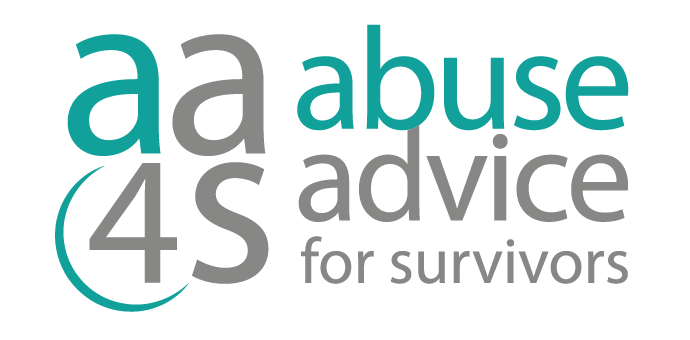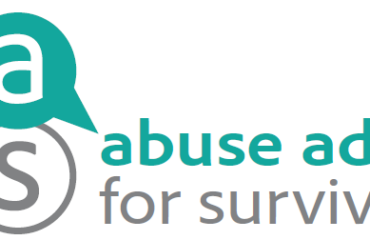
The recent story about the high-profile BBC Presenter (when I started writing this blog we did not know his identity) who has allegedly paid thousands of pounds to a former minor when he was 17 for sexually explicit photographs, has filled the media with intrigue. Why? Principally because no one in the BBC or media dare print his name for fear of being sued in libel.
Whilst lawyers always crawl over any publication to prevent the media outlet from being exposed to expensive litigation, any media executive will remember the Jimmy Savile scandal, the Cliff Richard disastrous litigation, and the recent Philip Schofield scandal.
The BBC are a public service broadcaster, answerable to Parliament, and the public who all pay a license fee. Like other public bodies they are constantly under attack. The similarities between the recent allegations and the Jimmy Savile scandal must be causing the Director-General sleepless nights. Once again the BBC are being accused of not acting quickly enough to complaints made by the boy’s parents in May 2023.
Cliff Richard and Privacy
Although I am certainly not a Defamation Lawyer, I have a smattering of knowledge on the subject, but nothing to rival Mark Stephens, who gave an excellent description of the position on the Today programme recently. He explained that media outlets since the Cliff Richard dare not reveal the name of the alleged offender for fear of being sued for breach of privacy. Princess Diana was the first to start the ball rolling towards privacy. The press now have to show that there is a public interest in publication. The paparazzi of course arguably led her to her death in that tragic car accident
Cliff Richard according to Sky News:-
was never arrested or found guilty and strongly denied the claims, was publicly named in a child sex allegation after a police raid on his home in 2014. He is now campaigning for a change in the law so that suspects are only named once they have been charged.
Sky News 2022
Cliff Richard won his privacy case against the BBC and was awarded an initial payment of £210,000 in damages, over the broadcaster’s report that the singer was being investigated about historical child sexual assault claims.
The judge concluded that Richard had privacy rights and the BBC “infringed those rights without a legal justification”. “It did so in a serious way and also in a somewhat sensationalist way,” he said. “I have rejected the BBC’s case that it was justified in reporting as it did under its rights to freedom of expression and freedom of the press.”
Cliff had already settled out of Court with South Yorkshire Police for £400,000 and the judge found that the police should share any future awarded damages to the proportion of 35%. So, as Cliff had spent allegedly £3.4 Million most of which he should have recouped from the two Defendants it was a lucrative day for the pop star.
The important point for this article is that it indirectly created legal precedent, albeit at civil law forcing both the Police and the Media, much to their chagrin, to not report the name of the alleged offender before he is charged with a criminal offence. MP’s, as can be seen below have made various attempts to change the criminal law as well.
History of Anonymity
In contrast to complainants of sexual offences, who have a long-standing right to lifelong anonymity, the identities of persons who are accused can be publicised at any time according to the criminal law. In practice, however, because of the Cliff Richard case, the Police do not reveal the name of the accused until he/she has been charged.
Defendant anonymity for rape trials was originally granted at the same time complainant anonymity was first introduced, under the Sexual Offences (Amendment) Act 1976, but the defendant anonymity provision was later abolished in 1988. The following table is illustrative
| Date | Complainant/Victim Anonymity | Defendant/Accused Anonymity |
| 1976 | Sexual Offences (Amendment) Act 1976, ss 4—6 granted anonymity to the victims of rape | Sexual Offences (Amendment) Act 1976, ss 4—6 equally granted anonymity to those accused of rape. |
| 1988 | Criminal Justice Act 1988 s. 158(5) removed anonymity for the accused. | |
| 1998 | A Proposed amendment to the Crime and Disorder Bill 1998 would have provided anonymity until conviction. | |
| 2003 | A move by Lord Ackner in the House of Lords to extend anonymity to defendants during the passage of the Sexual Offences (Amendment) Bill 2003. | |
| 2019 | Lord Paddick’s private member’s bill, Anonymity (Arrested Persons) Bill, would have anonymised the accused until charge. |
I remember giving several interviews to the media on anonymity in relation to multi-claimant children’s home cases where the alleged abusers of as many as 50 children, none of whom had met each other made allegations of child sexual abuse against care workers, who had no previous criminal convictions, and adamantly denied their guilt. The alleged abusers from North Wales Children’s Home formed an association called FACT (Falsely Accused Care Teachers), and campaigned hard for anonymity.
The difference between FACT and Cliff Richard and Jimmy Savile is simple. The latter had celebrity status. Whenever I have been asked to advise the “man on the street” on libel and slander, I have always said the same. Libel and Slander is for the rich with an enviable reputation to despoil. Otherwise, the cost of the legal proceedings is disproportionate to the outcome.
Should Anonymity be retained for the BBC Presenter?
It just goes to show that when people argue vociferously for anonymity, they do not foresee the sort of chaos caused by the refusal of the BBC to disclose the name of the high-profile celebrity who was the subject of intense speculation by not only Social Media, but also the public at large.
- The genie is out of the bottle, and social media is awash with speculation as to who the alleged perpetrator is.
- False accusations have been made on social media which has led to various Presenters denying that the allegations related to them.
- The mystery is prolonging the life of the story and making it more intriguing.
- The allegation is that a 17 year old, who is now 22 was asked for indecent photographs, the said allegation having been made by his parents to the Sun Newspaper. The alleged victim has now denied that the allegations are true.
- The allegations were out but without the name of the presenter, resulting in calls that he should disclose who he is, and curb the story. It was eventually Huw Edwards wife who issued the press release. The pressure on him must have been immense.
- When one compares these allegations with the sexual abuse allegations that were made against non-celebrities in children’s homes in the 1990’s they are no where near as serious, but because of the celebrity nature of the perpetrator, the intrigue of the gossip is just too much to resist and the story is so much bigger.
- Whilst I was in favour of non-disclosure until a charge is brought, which means that the Crown Prosecution Service believe that they can prove the allegations beyond reasonable doubt, I now think that the old way is the best ie no anonymity for any Defendant from arrest onwards. It certainly assists multi-claimant child abuse institutional cases because more victims come forward in response to the publicity. In one case I was involved in, the accused waived his anonymity and issued a please for supportive character witnesses. Sadly for him, the effect was to encourage more complainants to come forwards.
Latest News
The mystery journalist is Huw Edwards, who, according to his wife, has spent many years suffering from depression, and is now receiving in-patient treatment. The Sun say that they are not going to be printing any further stories on the subject. The Police say that no criminal offence has been committed but the stories appear to have worsened whatever mental health issues Mr Edwards is suffering from. Just goes to show the public’s appetite for salacious gossip, and the power of the media to feed a social media storm.



